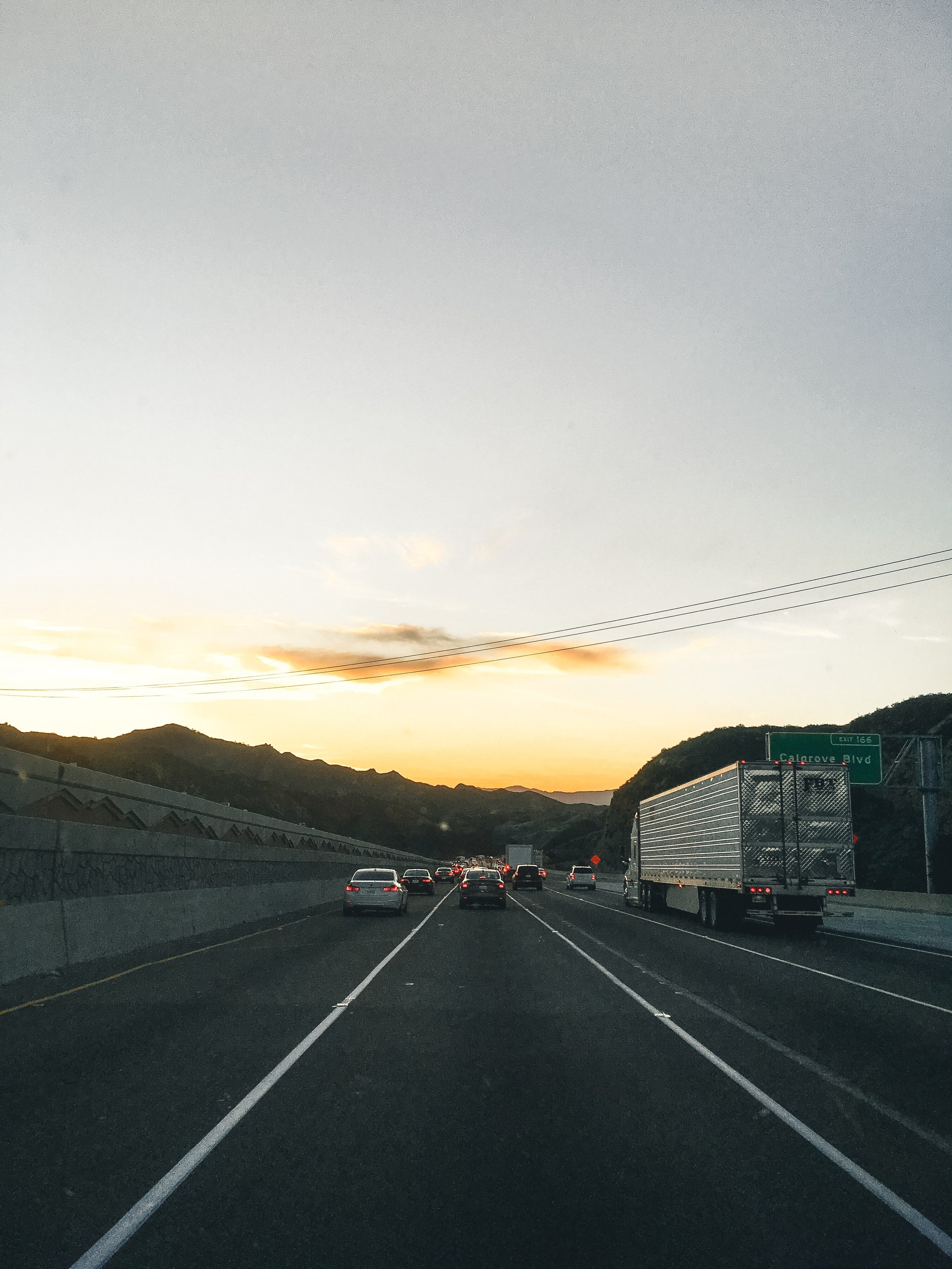Volkswagen to Test Self-Driving Electric Vans in Austin, Texas, and Expand Testing to More US Cities
Volkswagen has announced plans to test self-driving electric vehicles in Austin, Texas, starting later this month. The German automaker will deploy around 10 of its ID Buzz electric vans equipped with autonomous driving systems developed with Mobileye, and the testing will initially involve carefully mapped areas of the city. Volkswagen intends to expand its testing operations to at least four more US cities over the next three years and plans to offer autonomous ID Buzz vans and fleet management capabilities to other businesses providing ride-sharing or delivery services.
Apple has decided to pump the brakes on its electric car project, a move that could positively impact its stock performance, according to a report by Morgan Stanley.
General Motors Co.'s autonomous driving unit, Cruise, is gearing up to restart robotaxi testing in the next few weeks, eyeing potential locations like Houston and Dallas.
A third-party investigation into General Motors' Cruise autonomous vehicle unit has revealed a web of culture issues, ineptitude, and leadership problems, which have been central to the company's regulatory troubles since October.
General Motors is suing San Francisco, alleging that the city improperly overcharged the company by more than $100 million in taxes over seven years, based on calculations that included its self-driving car subsidiary, Cruise.
Cruise, the robotaxi company, has announced the layoff of 900 employees following the firing of nine executives amid the fallout from an October incident involving a pedestrian.
The United Auto Workers (UAW) has called foul on Honda, Hyundai, and Volkswagen, accusing them of playing dirty in the labor arena.
Cruise, the autonomous vehicle operator, has decided to temporarily halt its fleet of driverless cars across the United States, citing a need to reassess its operations and build public trust.
Consumer confidence in fully automated self-driving vehicles has declined for a second year, with the readiness index score dropping to 37 out of 100, according to J.D. Power's 2023 U.S. Mobility Confidence Index (MCI) Study.
Pittsburgh-based Aurora Innovation aims to revolutionize the trucking industry with self-driving technology.
Advocates for the self-driving vehicle industry have urged Congress to take action and regulate autonomous cars and trucks.
Assembly Bill 316 has been introduced to enable autonomous truck testing in California, but the prospects remain bleak due to opposition from the Teamsters Union and concerns about safety and job displacement.
Volkswagen has announced plans to test self-driving electric vehicles in Austin, Texas, starting later this month.
Third-party Capacity-as-a-Service startup, Loadsmith, is making a bold move in the logistics industry by ordering a whopping 800 autonomous trucks from Kodiak Robotics.
TuSimple, an autonomous technology developer, has achieved a significant milestone by completing China's first fully autonomous semi-truck runs on open public roads without a human driver or intervention.
During the VivaTech conference in Paris, Elon Musk announced that Tesla is nearing the achievement of fully autonomous vehicles, highlighting that autonomy is the primary driver of the company's market value.
California lawmakers have voted in favor of Assembly Bill 316, which would require trained individuals to be present in autonomous semi trucks and big rigs.
Haomo.ai, a Beijing-based tech firm backed by Great Wall Motor, has revealed its Little Magic Camel 3.0 as the world's most affordable autonomous delivery vehicle.
Waymo and Uber have announced a partnership in the Phoenix area to leverage self-driving cars for passenger transportation and food delivery.
The perception of electric vehicles (EVs) and autonomous vehicles (AVs) in the public eye has taken divergent paths, despite both being initially hailed as inevitable technologies.
Waymo has announced the expansion of its self-driving taxi services, with its robotaxis now covering an area of 180 square miles in Phoenix, double the size since late 2020.
Reports suggest that FedEx is exploring a future where they will not have drivers on their payroll.
Meant to be spread out over five years, the plan to invest nearly $200 billion in the electrification transition comes on the heels of a 13% increase in operating profit year-over-year.
These results are somewhat surprising, considering many of those same individuals are interested in the technology that powers those systems.
Founded in 2014 and headquartered in Foster City, California, Zoox's vehicles are designed to be fully autonomous, with no driver or passengers, and can operate in both urban and suburban environments.
United States safety regulators at The National Highway Traffic Safety Administration (NHTSA) are launching a formal probe into the automaker’s autonomous driving system in its self-driving vehicle, Cruise.



























Texas is setting the stage to possibly become the first hotspot for mainstream driverless trucks, thanks to initiatives by companies like Waabi and Aurora Innovation.